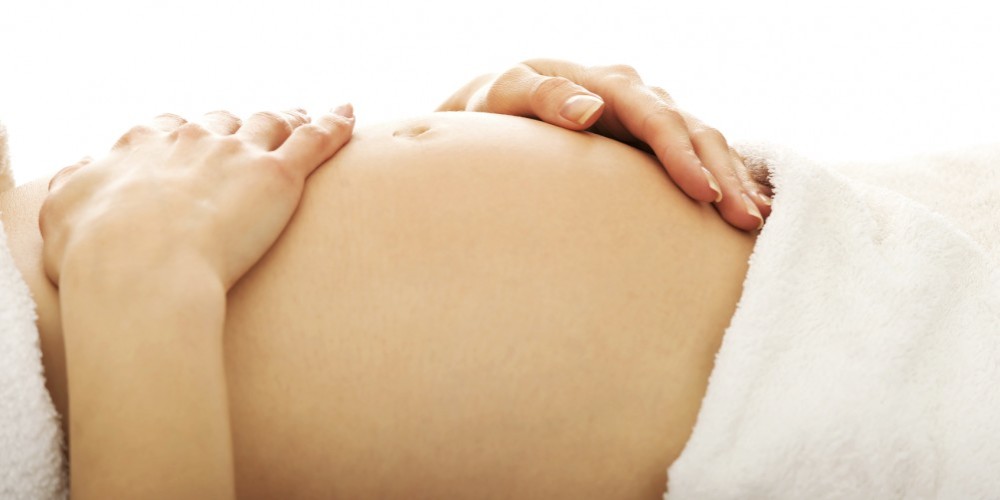Top 10 Tips to help to lower the Chances of Miscarriage after IVF
Most women have a fear of miscarriage after an IVF treatment. Older women have a higher chance of miscarriage compared to the younger ones. The chance of miscarriage in 30-year-old women is 1 out of 5 pregnancies. For women who are 42 years or older, the chance is a half. You do not need to worry; these miscarriages can be reduced through a number of ways. Highlighted below are top ten tips to help in lowering the chances of miscarriage after IVF.
- Test your TSH.
TSH tests help to find the amount of thyroid-stimulating hormone in the blood. Other conception problems and miscarriages are always linked to abnormal TSH levels. A TSH test will help to determine thyroid problems and to treat them. TSH problems are treatable.
- Get a hysteroscopy done.
The uterus could be the cause of the miscarriage. A hysteroscopy test, therefore, needs to be conducted. Hysteroscopy is a procedure that is often overlooked. Most doctors suggest it only if the miscarriage has become recurrent. It is a procedure done by looking at the inside of the uterus for any abnormalities. The uterus could be blocked, damaged or with growths. Hysteroscopy is a better way of examining the uterus in comparison with ultrasound scans and HSG. It helps to rectify the problem.
- Choose the right progesterone.
After IVF, progesterone is normally given to the patient to maintain the pregnancy. Progesterone is usually available in pills or can be administered through an injection. The pills should be taken through the vagina and not orally to increase the absorption rate. Injection is most effective but could be cumbersome and painful to administer alone.
- Maintaining a proper body mass index is critical
Most miscarriages after IVF are usually unexplained. Before going for this treatment have a healthy lifestyle. Stop smoking and drinking alcohol. Also, avoid taking non-prescription drugs. Eat a balanced diet and watch your weight. After the IVF, avoid lifting heavy objects and night shifts.
- Check for your Blood
Seek medical advice if you notice any unexplained blood discharge from the vagina after IVF. Treat any blood disorders before going for IVF. It will help to act as a barrier to potential miscarriage.
- Are Your Cells, Natural Born Killers?
Natural killer cells help to fight against any infection. An unproven theory states that an increase in natural killer cells in the uterus can attack the baby. To suppress the cells, medication are used Prednisone can also be used
- Religiously follow the prescriptions
Missing a dose after IVF can lead to miscarriage. If you are forgetful, set an alarm and always have your medication with you Get advice from your physician about when to stop using the medications.
- Protect your Cervix
ManyIVF miscarriages are usually as a result of damage cervix. Stitch your cervix to prevent the cervix from opening because it can lead to miscarriage. It should be done early enough in pregnancy.
- Protect yourself against infections
Any infection can lead to miscarriages. Infections such as STDs, toxoplasmosis and Listeria can lead to miscarriages. Go for tests to check and treat them to avoid miscarriage. Diseases like Diabetes are also known to cause miscarriages.
- Go for Donor Eggs
There is a higher risk of miscarriage if you are over 40 years old. Chances of getting a baby with your own eggs are low. Consider donor eggs or embryos if you want to have a baby.
To know more about male and female infertility visit our site Click Here or book an appointment with Shrikhande IVF and surrogacy centre the best IVF centre in Nagpur, India
Tags: causes of miscarriage, IVF, miscarriage, miscarriage after IVF



 (+91) 880 557 7600
(+91) 880 557 7600
 Abhyankar Road, Dhantoli, NAGPUR-12
Abhyankar Road, Dhantoli, NAGPUR-12






Leave a Reply